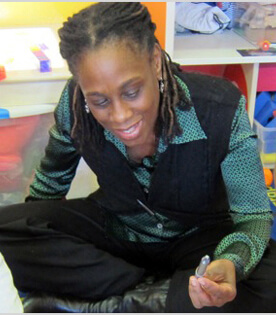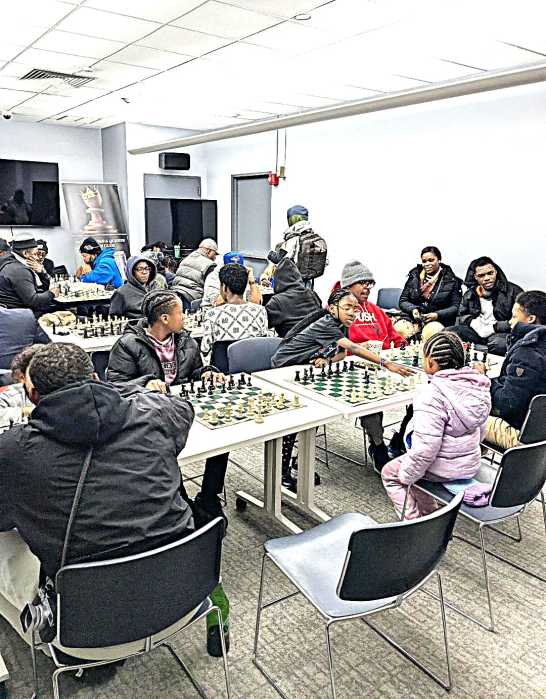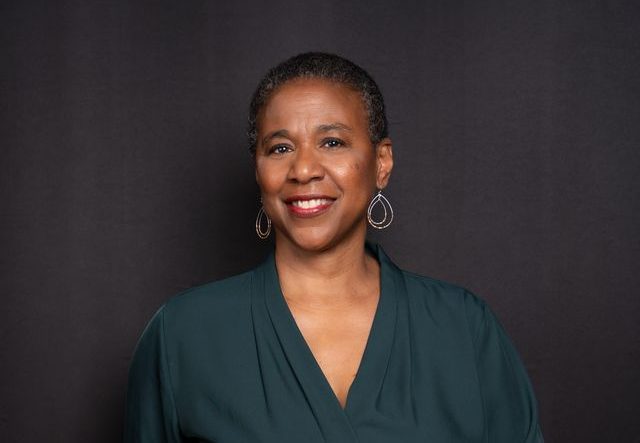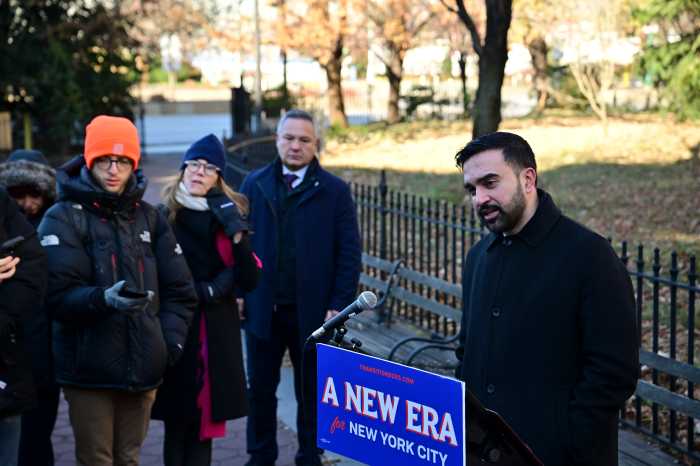Chirlane McCray, Bill de Blasio's wife. | BILLDEBLASIO.COM
A heated dust-up between one of the Democratic mayoral candidates and the wife of another –– which played out in response to a column by a prominent woman at the New York Times –– is a reminder that women in politics can face questions that simply would not be put to their male counterparts.
Maureen Dowd, in a column posted online the evening of August 20 but later corrected, initially quoted Chirlane McCray, the wife of Public Advocate Bill de Blasio and the mother of two, as saying of his mayoral rival Christine Quinn, “She’s not the kind of person I feel I can go up to and talk to about issues like taking care of children at a young age and paid sick leave.”
In a lengthy press release issued the following morning, the City Council speaker spoke in unusually personal terms in responding to McCray.
“There are women all across the city who don’t have children for any number of reasons, whether they simply can’t, choose not to, or circumstances don’t afford them the possibility,” Quinn said. “I have taken a number of shots in this race from the men running against me, and I accept that as par for the course in a political campaign. But to criticize me as not understanding what young families go through because I might not have children is over the line and I take great personal offense to the comment, as does my wife. As young teenage girls, both my wife and I lost our mothers and the decision to have children is a deep and personal one that we should be afforded the opportunity to make, without aspersion.”
After detailing her record on issues related to children, the speaker closed by saying, “I have spoken fondly of Ms. McCray and Mr. de Blasio’s family. It’s unfortunate that they cannot do the same about mine –– no matter how different it might be from theirs. But for anyone who is interested, I have a large, loving family of Catullo's and Quinn's, with 10 nieces and nephews who I absolutely adore, like they’re my own.”
The release from Quinn also included comments from Levia Prieto, whose 24-year-old son Manny Lanza died in 2005 before financial aid could be arranged to pay for hospitalization. Prieto credits Quinn for her successful efforts to enact Manny’s law, which requires hospitals to develop and publicize programs providing uninsured patients with aid.
“When I lost my son, the first person who called me out of concern for what she could do to make sure that what my family went through never happened to anyone else was Christine Quinn,” Prieto said. “I take great offense as a mother to Ms. McCray’s attack on Christine Quinn and the suggestion that because she does not have children, you can’t talk to her about what it’s like to raise a young family.”
The de Blasio campaign, in turn, quickly jumped into the fray, insisting that McCray was misquoted and her intent taken out of context.
In a press statement, Bill Hyers, de Blasio’s campaign manager, said, “Chirlane McCray was misquoted. As the transcript makes clear, her actual comments were about Speaker Quinn’s unwillingness to listen to the people on education and paid sick leave, and any suggestion otherwise is disingenuous and absurd.”
Hyers cited Quinn’s failure to block the closure of St. Vincent’s Hospital, her delay in allowing a vote on paid sick leave, which won City Council passage earlier this year, and her support for Mayor Michael Bloomberg’s bid to extend term limits to seek a third term in 2009.
“It is wrong for Speaker Quinn and her campaign to distort and confuse with baseless attacks in order to distract from the speaker's indefensible policy record,” Hyers said.
Meanwhile, Dowd soon came forward with a corrected column in which she quoted McCray, in greater detail, saying, “Well I am a woman, and she is not speaking to the issues I care about and I think a lot of women feel the same way. I don’t see her speaking to the concerns of women who have to take care of children at a young age or send them to school and after school, paid sick days, workplace, she is not speaking to any of those issues. What can I say? And she is not accessible, she is not the kind of person who you can talk to and go up to and have a conversation with about those things, and I suspect that other women feel the same thing I’m feeling.”
Mike Morey, a Quinn spokesman, fired back at the de Blasio release, arguing that the substance of McCray’s remarks did not change as the result of Dowd’s correction.
“We stand by our statement, as the essence of Ms. McCray's quote is the same,” Morey said. “The updated Maureen Dowd column affirms the fact that the de Blasio campaign made it quite clear they believe that Christine Quinn is not the 'kind of person who you can talk to and go up to and have a conversation [with] about those things…' directly referencing 'tak[ing] care of children at a young age.'”
The flap will no doubt spur heated debate about whether McCray, who a dozen years before meeting her husband wrote an essay in Essence magazine about her life as a black lesbian, in fact intended to cast aspersions on Quinn, either for the fact that she and her wife, Kim Catullo, have no children or that she is a lesbian.
In the same Dowd column, Susan Sarandon, the actor and longtime political activist, offered her own two cents about the relationship between female candidates and women voters while explaining her support for de Blasio, saying, “You can’t just vote your vagina.”














